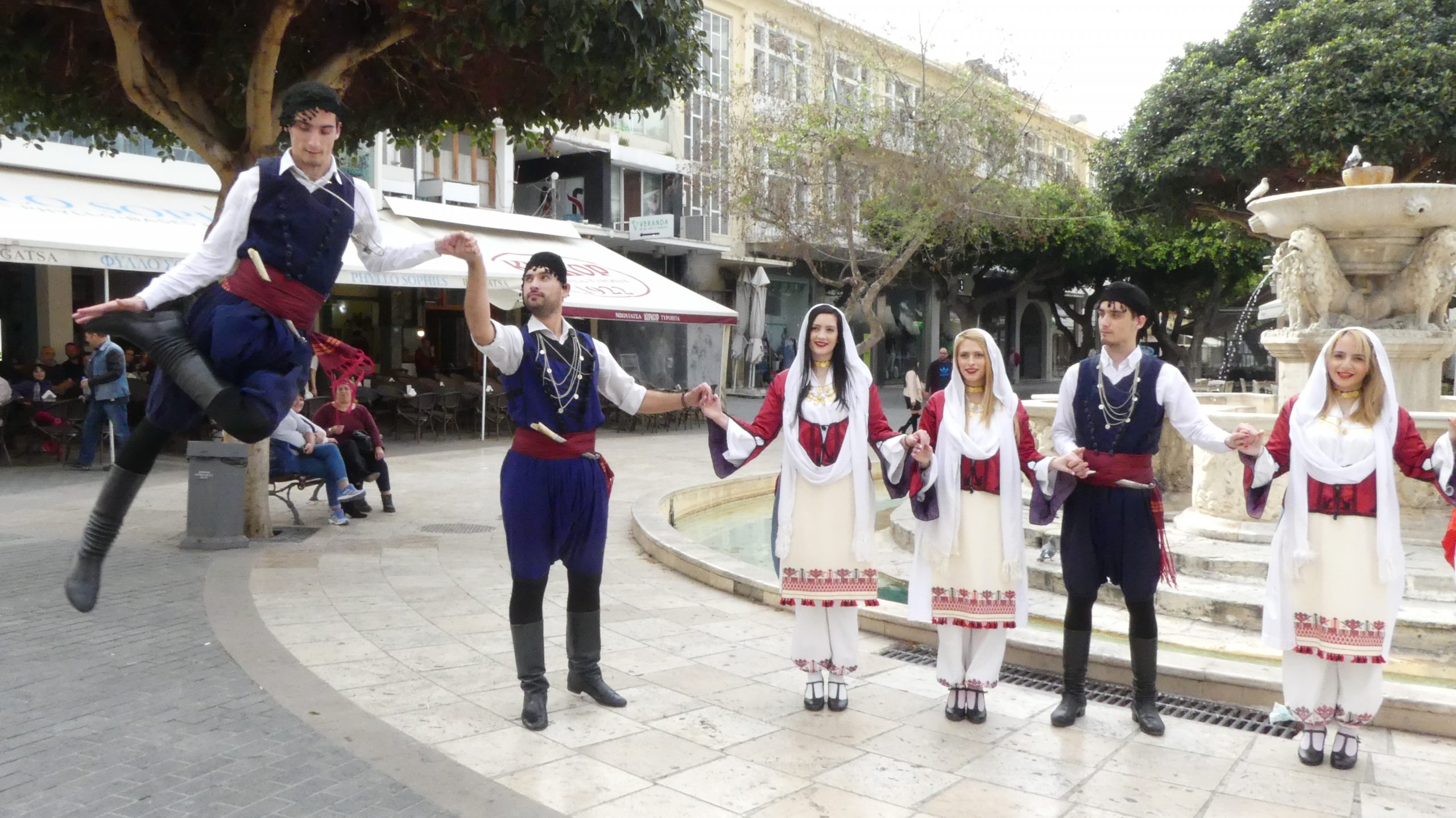Crete, the largest of the Greek islands, is a land steeped in ancient traditions and rich cultural heritage. As the island embraces the modern era, its people have managed to preserve their unique customs while also adapting to contemporary life. For newcomers and expatriates, understanding and integrating into Cretan culture involves appreciating these time-honored traditions and recognizing their relevance in today’s world. This guide explores how Greek traditions continue to thrive in modern Crete and offers tips on adapting to and embracing this vibrant culture.
The Essence of Cretan Hospitality
One of the most cherished aspects of Cretan culture is its renowned hospitality, or “philoxenia.” This tradition, deeply rooted in ancient Greek customs, emphasizes the importance of welcoming and caring for guests. In modern times, this spirit of hospitality remains a cornerstone of Cretan society. Visitors and new residents are often struck by the warmth and generosity of the locals, who go out of their way to make others feel at home.
Adapting to this aspect of Cretan culture involves reciprocating this warmth and openness. Engaging with neighbors, participating in community events, and showing genuine interest in local customs can help newcomers build meaningful relationships. Simple gestures, such as accepting invitations to meals or celebrations, can go a long way in integrating into the community.
Festivals and Celebrations
Festivals play a significant role in maintaining cultural traditions in Crete. These events are vibrant expressions of the island’s heritage, often blending religious rituals with communal festivities. Key celebrations include Easter, the Feast of the Dormition of the Virgin Mary, and various local saints’ days, each marked by unique customs and rituals.
Easter, or “Pascha,” is the most important religious holiday in Crete, featuring elaborate church services, processions, and feasts. The tradition of dyeing eggs red, baking sweet bread called “tsoureki,” and the midnight Resurrection service followed by a festive meal are integral parts of the celebration. Participating in these events allows newcomers to experience the depth of Cretan religious and cultural practices.
Carnival, or “Apokries,” is another major celebration, characterized by masquerades, parades, and communal feasts. This period of revelry before Lent showcases the island’s love for music, dance, and culinary delights. Embracing these festive traditions offers a joyful way to connect with Cretan culture.
Cretan Cuisine and the Mediterranean Diet
Cretan cuisine, a pillar of the Mediterranean diet, is renowned for its health benefits and delicious flavors. Rooted in ancient traditions, the island’s culinary practices emphasize fresh, locally sourced ingredients such as olive oil, vegetables, legumes, and fish. Dishes like “dakos” (a barley rusk salad), “kalitsounia” (cheese pastries), and “moussaka” (a layered eggplant and meat dish) reflect the simplicity and richness of Cretan cooking.
For newcomers, learning to prepare and enjoy Cretan dishes is an excellent way to adapt to local culture. Engaging in food-related traditions, such as attending olive harvests, visiting local markets, and participating in cooking classes, can deepen one’s appreciation for the island’s gastronomic heritage. Sharing meals with locals is also a valuable cultural exchange that fosters community bonds.
Music and Dance
Music and dance are integral to Cretan life, with a rich tradition of folk songs and dances that have been passed down through generations. The “lyra” (a three-stringed bowed instrument) and the “laouto” (a type of lute) are central to Cretan music, accompanying dances such as the “syrtos,” “sousta,” and “pentozali.”
Joining local dance classes or attending music festivals provides an immersive way to experience Cretan culture. These activities not only offer a fun and engaging way to learn about traditional arts but also create opportunities to connect with the community and participate in cultural preservation.
Language and Communication
While many Cretans speak English, especially in urban and tourist areas, learning Greek is essential for deeper integration into local culture. Basic proficiency in the language enhances communication and shows respect for local customs. Many communities offer language courses specifically designed for expatriates, making it easier to acquire this valuable skill.
Understanding local customs, such as greetings, social etiquette, and the importance of family, is also crucial. For example, it is common to greet others with a kiss on both cheeks and to address older individuals with respect. Adapting to these social norms helps newcomers navigate daily interactions more smoothly.
Embracing Modernity with Tradition
Crete’s ability to blend tradition with modernity is evident in its thriving arts scene, innovative culinary practices, and dynamic social life. Contemporary Cretan artists draw inspiration from ancient motifs, while modern chefs reinterpret traditional recipes. The island’s festivals often feature a mix of traditional and contemporary elements, reflecting its evolving cultural landscape.
New residents can embrace this fusion by exploring modern Cretan art galleries, dining at innovative restaurants, and attending contemporary cultural events. Engaging with both traditional and modern aspects of Cretan culture offers a well-rounded understanding of the island’s identity.
Conclusion
Adapting to Cretan culture involves appreciating and participating in its rich traditions while recognizing the island’s dynamic evolution. By embracing local customs, engaging in communal activities, and respecting social norms, newcomers can integrate seamlessly into Cretan society. This blend of ancient traditions and modern influences creates a vibrant cultural tapestry that defines life in Crete, offering a unique and enriching experience for all who call the island home.


